Cinema Now (2022)
A fragmented collection of independent closed cinemas, in London during lockdown, captured on Super 8mm film.
A fragmented collection of independent closed cinemas, in London during lockdown, captured on Super 8mm film.
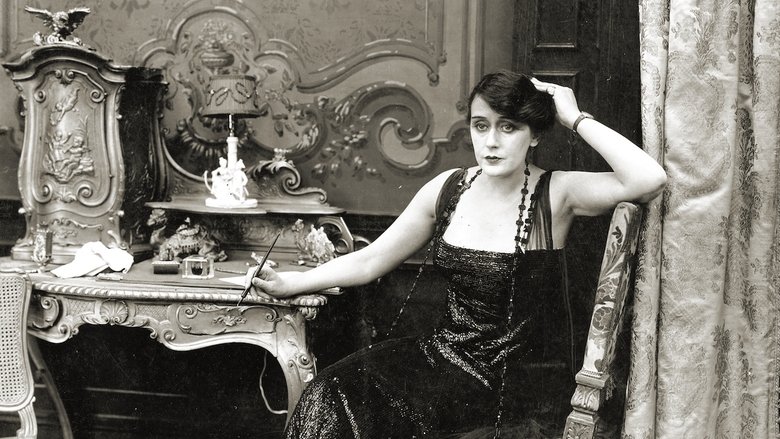
The epic life story of Alice Guy-Blaché (1873–1968), a French screenwriter, director and producer, true pioneer of cinema, the first person who made a narrative fiction film; author of hundreds of movies, but banished from history books. Ignored and forgotten. At last remembered.
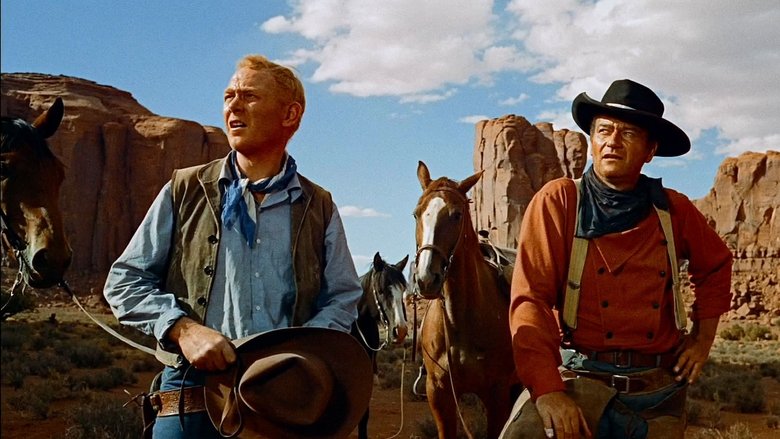
A documentary encapsulating the career and Western films of director 'John Ford' , including clips from his work and interviews with his colleagues.
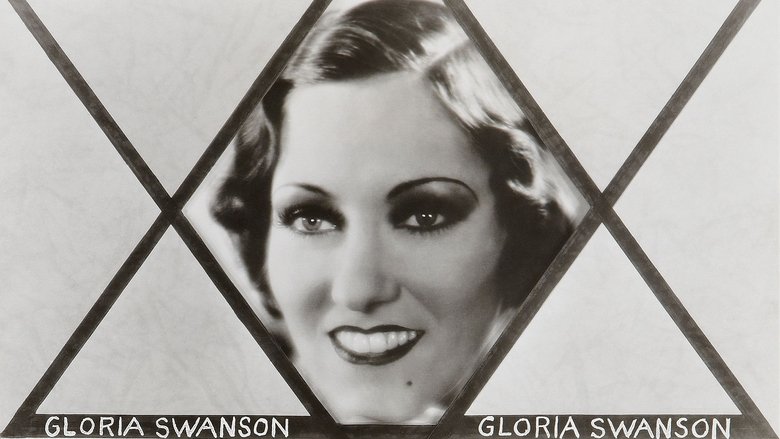
Pioneer filmmaker J. Stuart Blackton was intrigued by the idea of a film about the history of the movies as early as 1915. He finally released a 52-minute feature called The Film Parade that was shown in New York and favorably reviewed by "Variety" in 1933. He continued tinkering with the film for the rest of the decade, and later filmmakers and distributors used Blackton's footage for stock or to produce their own variously titled and truncated versions. -UCLA Film & Television Archive
This promotional short film for "Soylent Green" (1973) begins by showing clips of films that depicted what the future might be like beyond Earth. The narrator then discusses the origin of the idea depicted in "Soylent Green." Director Richard Fleischer and star Charlton Heston discuss how an upcoming crowd scene will be filmed. Then we see what happens when the crowd riots because there is not enough food available to be distributed to everyone. "Soylent Green" was Edward G. Robinson's 101st (and, as it turned out, his last) feature film. During a break in filming, the cast and crew hold a ceremony celebrating the first film of his "second hundred," and Robinson makes appreciative remarks to the crowd. Studio head Jack L. Warner and friend George Burns are among those in attendance.
Long treated with indifference by critics and historians, British silent cinema has only recently undergone the reevaluation it has long deserved, revealing it to be far richer than previously acknowledged. This documentary, featuring clips from a remarkable range of films, celebrates the early years of British filmmaking and spans from such pioneers as George Albert Smith and Cecil Hepworth to such later figures as Anthony Asquith, Maurice Elvey and, of course, Alfred Hitchcock.
Filmmaker Eva Ziemsen was determined to interview renowned film director, Lars von Trier. Her provocative offer, to conduct the interview nude, led to a revealing and truthful conversation about filmmaking.
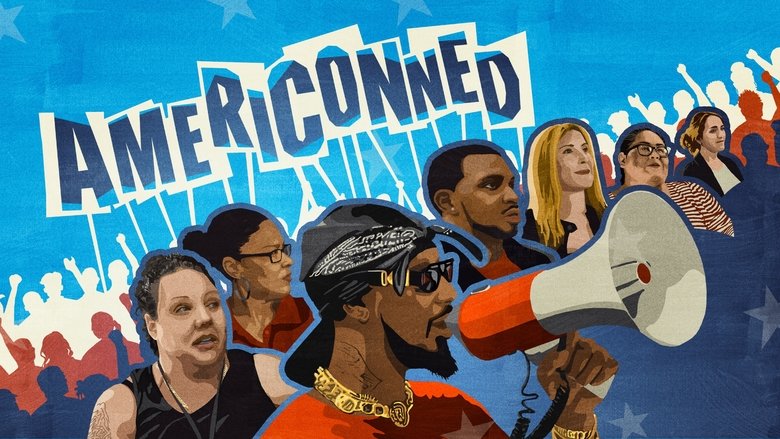
The super-rich determines virtually every aspect of the lives of the other 90% of Americans. This film examines the hidden struggles of American families, the calculated political maneuvers of the elite, and the long overdue uprising of American workers. With affection for the middle-class and the outrageous attempt to color them as lazy, the film explores the question: How do we make sure workers are paid what they are worth, instead of believing they are only worth what they are paid?
The film director, Carol Reed, is the subject of this documentary short. The illegitimate son of the famous stage actor, 'Sir Herbert Beerbohm Tree' , Reed was brilliant with actors, especially child actors, making him the perfect person to bring Oliver! to the screen. Reed is best known for three films he made in the late 1940s, and the documentary offers generous clips from Odd Man Out, The Fallen Idol, and the most famous of all, The Third Man. The film director, John Boorman, the assistant director, Guy Hamilton, the actors, Ron Moody and Bryan Forbes and the cinematographer, Oswald Morris, are among the interviewees.
Werner Herzog discusses the making of "Nosferatu" on set.
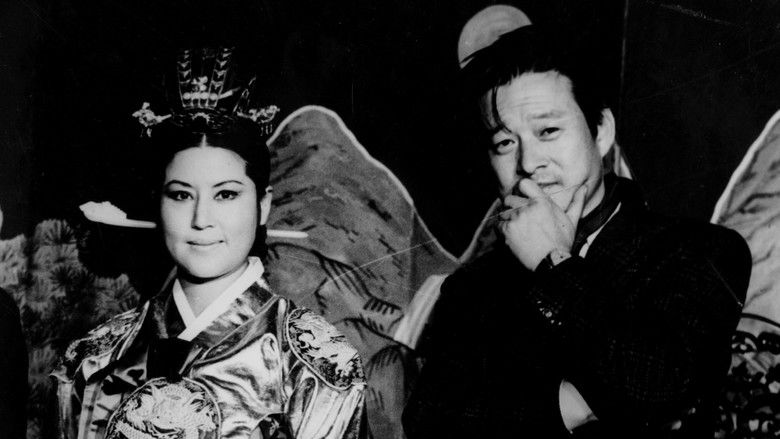
Hong Kong, 1978. South Korean actress Choi Eun-hee is kidnapped by North Korean operatives following orders from dictator Kim Jong-il.
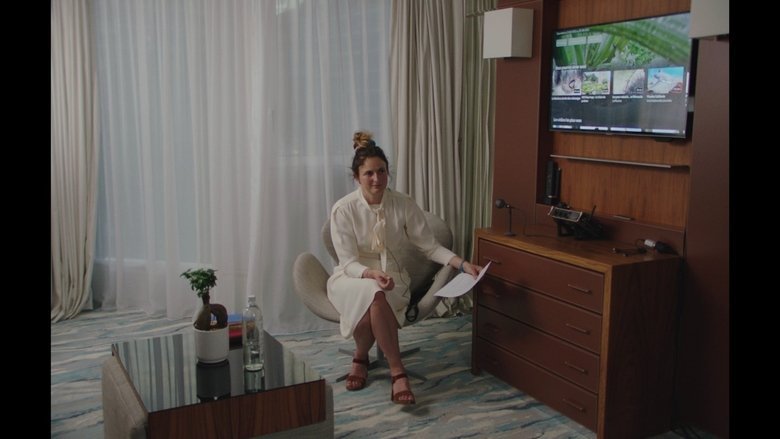
In 1982, Wim Wenders asked 16 of his fellow directors to speak on the future of cinema, resulting in the film Room 666. Now, 40 years later, in Cannes, director Lubna Playoust asks Wim Wenders himself and a new generation of filmmakers (James Gray, Rebecca Zlotowski, Claire Denis, Olivier Assayas, Nadav Lapid, Asghar Farhadi, Alice Rohrwacher and more) the same question: “is cinema a language about to get lost, an art about to die?”

A documentary about the International Queer Film Festival Hamburg that celebrated its 25th anniversary in 2014. The filmmakers have filmed, interviewed, gleaned the archives, watched hours of footage and edited reams of material into a small masterpiece. With its gorgeous shots and sublime soundtrack, the documentary entertainingly brings across both the unique atmosphere and 25-year history, and above all, illuminates the complex mesh that both forms and carries the festival. On another note, the film tries to detect the ways a queer film festival like this has functioned as a platform for unheard voices - and continues to do so in the present. For some people, its sole existence has been a life changing momentum.
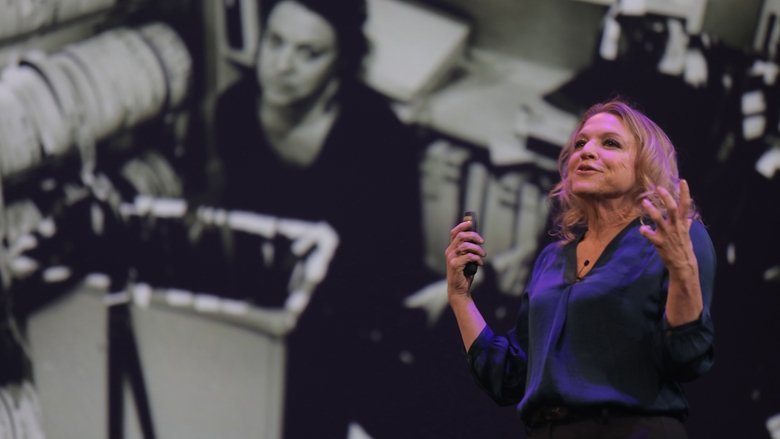
Investigates the politics of cinematic shot design, and how this meta-level of filmmaking intersects with the twin epidemics of sexual abuse/assault and employment discrimination against women, with over 80 movie clips from 1896 - 2020.
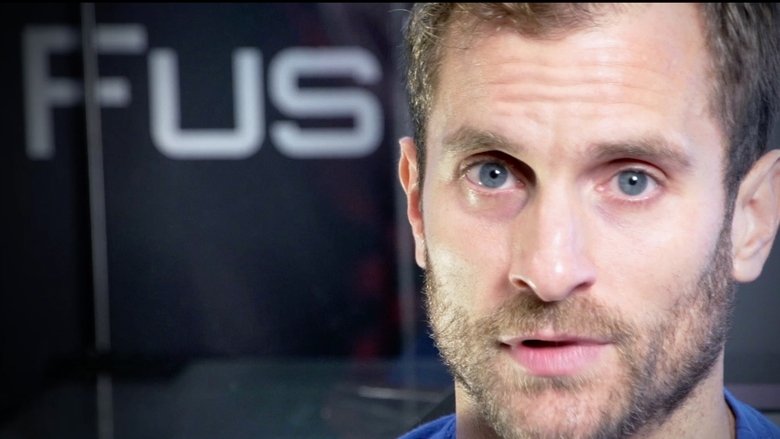
3D Print Masters unveils the exciting world of the 3D Printing Community with it's most innovative and popular Inventors, Creators, Designers and Engineers who take viewers on a journey through the creation process and tech they use.
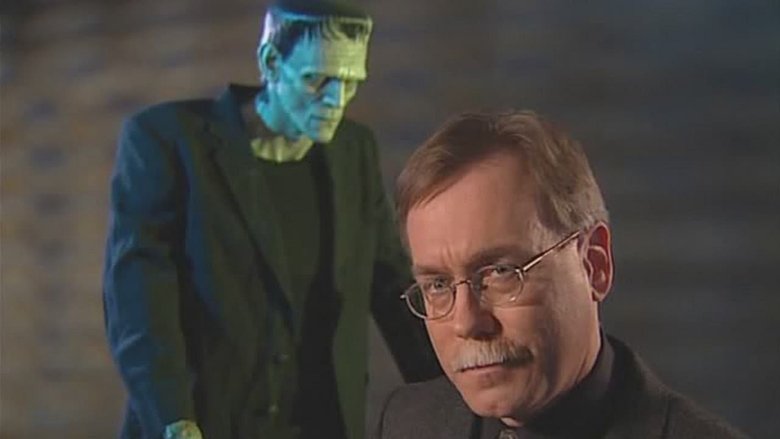
The history of Frankenstein's journey from novel to stage to screen to icon.
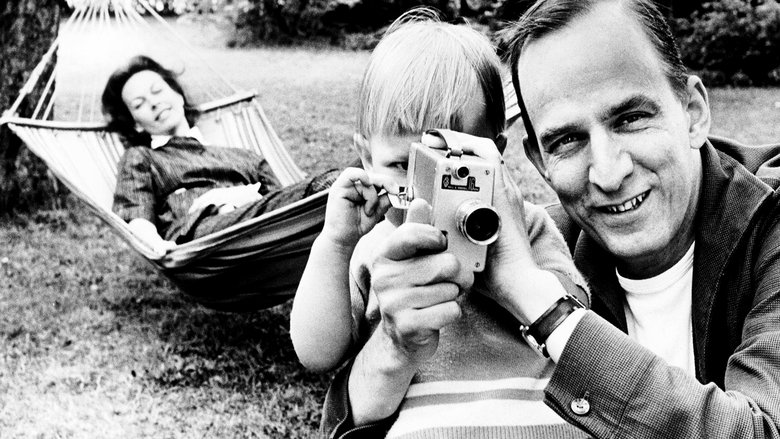
A meaningful account of the personal and professional life of the great Swedish filmmaker Ingmar Bergman (1918-2007) that explores his film legacy, with interviews with his closest collaborators and a new generation of filmmakers.
This documentary revisits the making of Gone with the Wind via archival footage, screen tests, insightful interviews and rare film footage.
Writer Tom Davis hosts a Blues Brothers retrospective that tells the whole truth about the legendary band's early days and righteous ways. The Blues Brothers were an unforgettable part of Saturday Night Live's golden era, making their musical debut in bee costumes singing "I'm a King Bee," and becoming an overnight sensation. Switching to hats and shades inspired by John Lee Hooker, they combined classic Chicago Blues with Stax-Volt R&B to create a sound all their own. Their first album, Briefcase Full of Blues, went double-platinum and led quickly to their hit movie and milestone soundtrack album. The rest is history, and it's all here in a music-filled, memory-blasting account of a band that will always be on a mission from God.